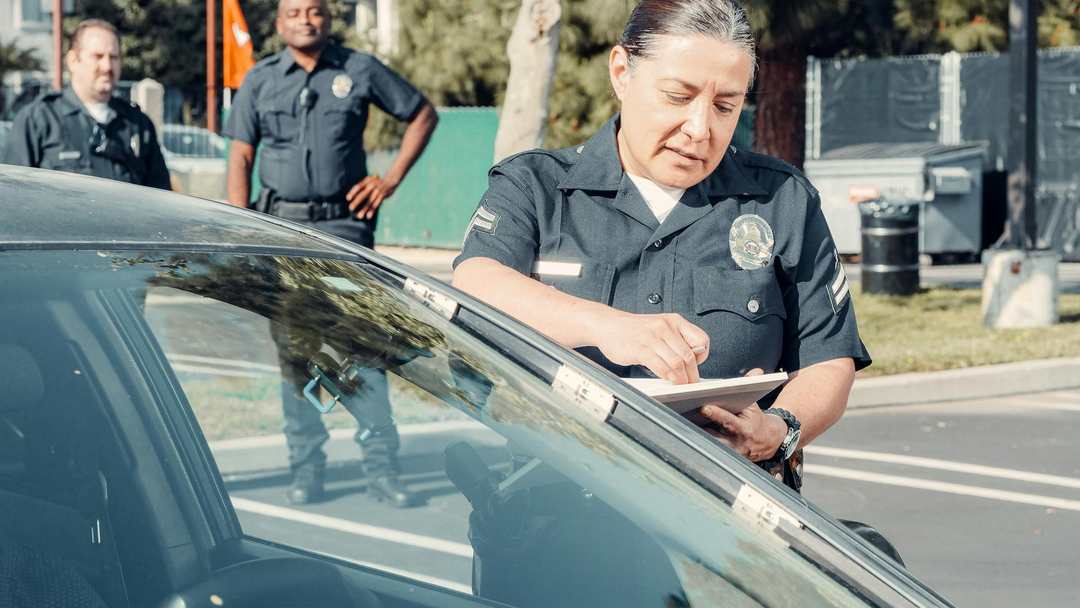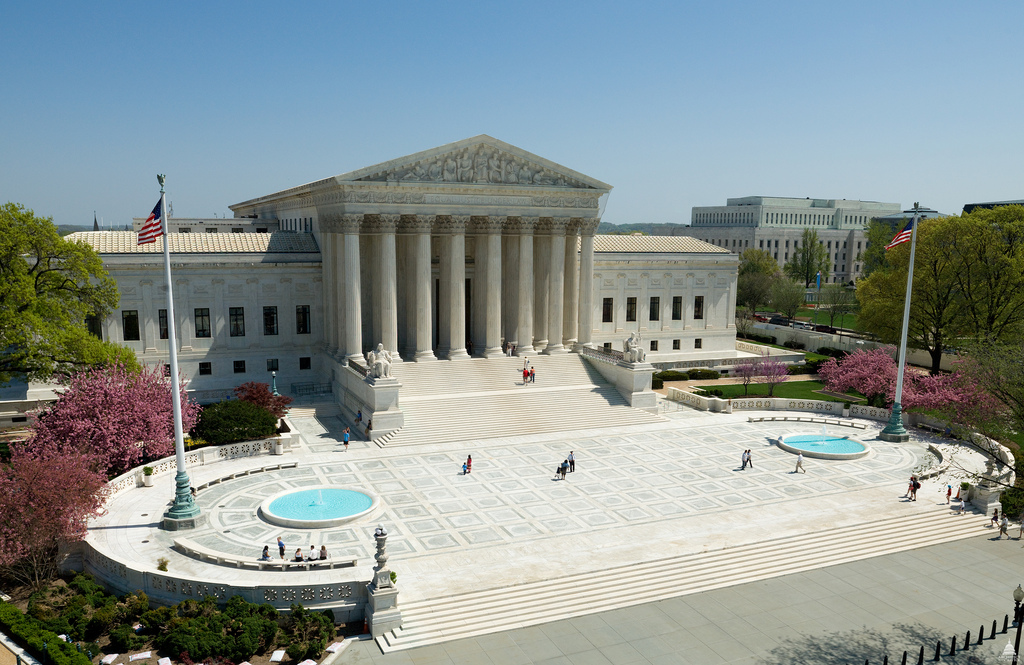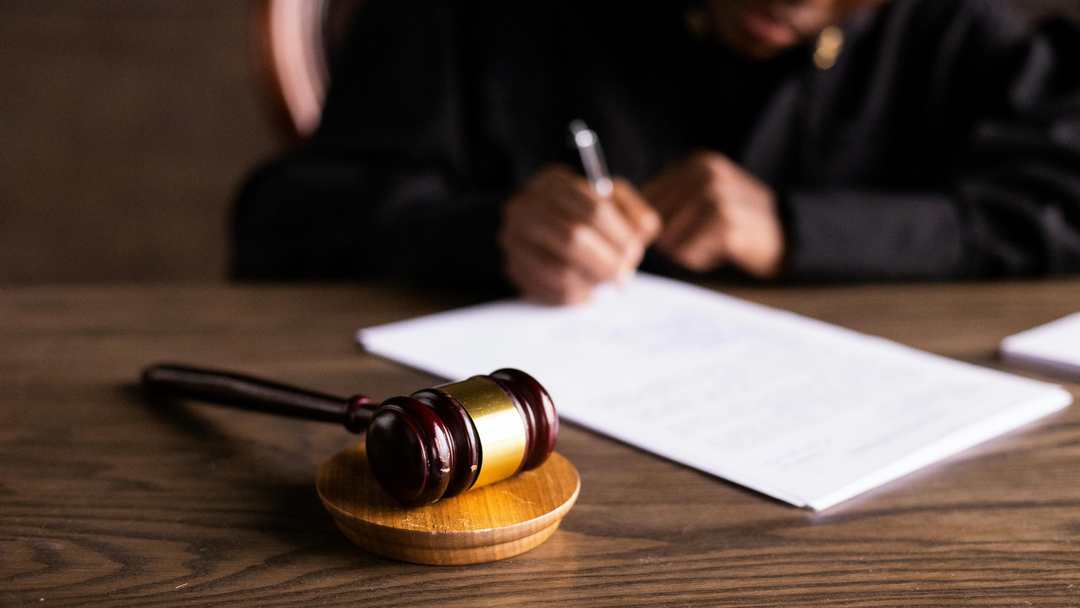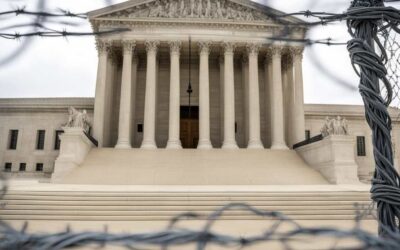The 6th Amendment: is it still a thing?
The 6th Amendment to the United States Constitution is a crucial pillar of the Bill of Rights, designed to ensure fair and just legal proceedings for individuals accused of crimes. Ratified on December 15, 1791, this amendment outlines several key rights that are fundamental to the American justice system.
Key Provisions of the 6th Amendment:
-
Right to a Speedy and Public Trial: One of the fundamental guarantees of the 6th Amendment is the right to a speedy trial. This provision ensures that individuals accused of crimes are not held in pretrial detention for extended periods, preventing undue delay that could prejudice their defense. Additionally, trials must be public, allowing for transparency and accountability in the judicial process.
-
Right to a Fair Jury: The amendment affords individuals the right to a trial by an impartial jury of their peers. This jury serves as a safeguard against arbitrary governmental actions and ensures that decisions in criminal cases are made by a diverse group representing the community where the alleged crime occurred.
-
Right to Confront Witnesses: Central to the concept of due process, the 6th Amendment guarantees defendants the right to confront and cross-examine witnesses testifying against them. This right helps to safeguard against unreliable or false testimony and allows defendants to challenge the evidence presented by the prosecution.
-
Right to Compulsory Process: Defendants have the right to compel witnesses to appear and testify on their behalf. This provision empowers individuals to present evidence that supports their defense, ensuring a comprehensive and balanced presentation of facts during trial.
-
Right to Counsel: Perhaps one of the most well-known provisions of the 6th Amendment is the right to legal counsel. Defendants have the right to be represented by an attorney, whether retained privately or provided by the state if they cannot afford one. This ensures that defendants are adequately prepared and supported in navigating the complexities of the legal system.
-
Right to Know Charges and Evidence: The amendment guarantees that defendants are informed of the nature and cause of accusations against them (the charges). Moreover, they have the right to be informed of the evidence and witnesses presented by the prosecution, allowing them to prepare an effective defense strategy.
Legal Counsel and Your Rights
When facing legal challenges, particularly in criminal cases, it is advisable to seek legal counsel immediately.
An experienced attorney can provide guidance on how to navigate interactions with law enforcement while safeguarding your constitutional rights.
Since 1993 our expert legal defense in navigating criminal law matters and protecting your constitutional rights are what we eat for breakfast everyday.
Contact Komorn Law PLLC if you’re ready to fight and win.
Research us and then call us.
Recent

The “Automobile Exception” in Michigan law
The "automobile exception" in Michigan law allows police to search a vehicle without a warrant if they have probable cause to believe it contains evidence of a crime.This exception is grounded in the idea that vehicles are inherently mobile, meaning evidence could be...

SCOTUS Decision Gives Starbucks a Win in Labor Dispute
The decision underscored the principle that only activities that are essential and directly related to an employee's primary job responsibilities are subject to compensation. In a recent decision by the Supreme Court of the United States (SCOTUS), Starbucks received a...
Other Articles
Supreme Court Opinion – Created federal agencies need judicial oversight
Summary of the Opinion in Loper Bright Enterprises v. RaimondoIn Loper Bright Enterprises v. Raimondo, the Supreme Court addressed the enduring precedent set by Chevron U.S.A., Inc. v. Natural Resources Defense Council, Inc., which has shaped administrative law for...
Carjacking is a Federal Offense
Carjacking is a Federal OffenseCarjacking, the act of forcibly stealing an occupied vehicle, has long been a concern for public safety. It was a local and state issue until a series of violent incidents in the early 1990s that carjacking became a federal...
SCOTUS: No separate hearing required when police seize cars loaned to drivers accused of drug crimes
SCOTUS: When police seize cars loaned to drivers accused of drug crimes it does not necessitate a separate preliminary hearing.The U.S. Supreme Court has ruled against two women who loaned their cars to others arrested for drug crimes while using the vehicles, leading...
SCOTUS Opinion, SHEETZ v. COUNTY OF EL DORADO, CALIFORNIA
The Constitution provides “no textual justification for saying that the existence or the scope of a State’s power to expropriate private property without just compensation varies according to the branch of government effecting the expropriation.”The case in question...
















